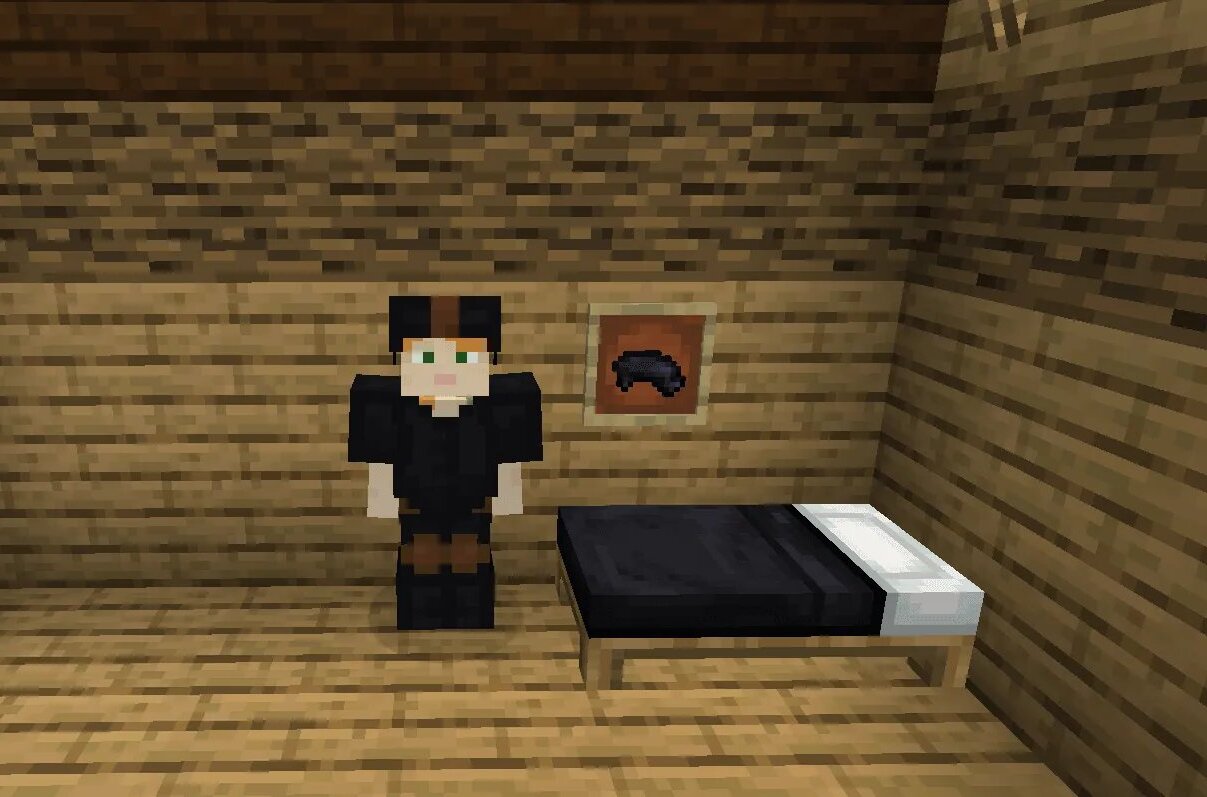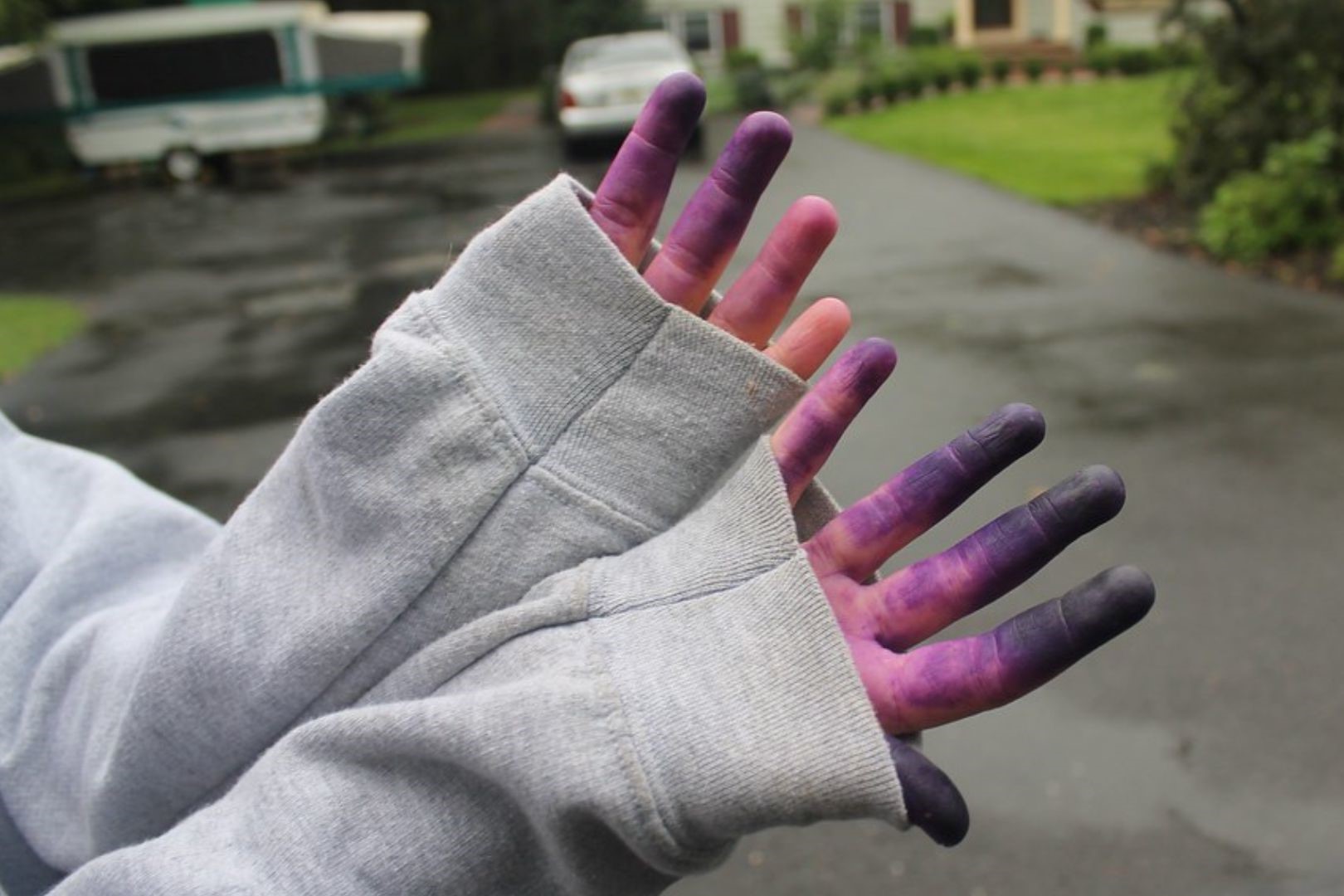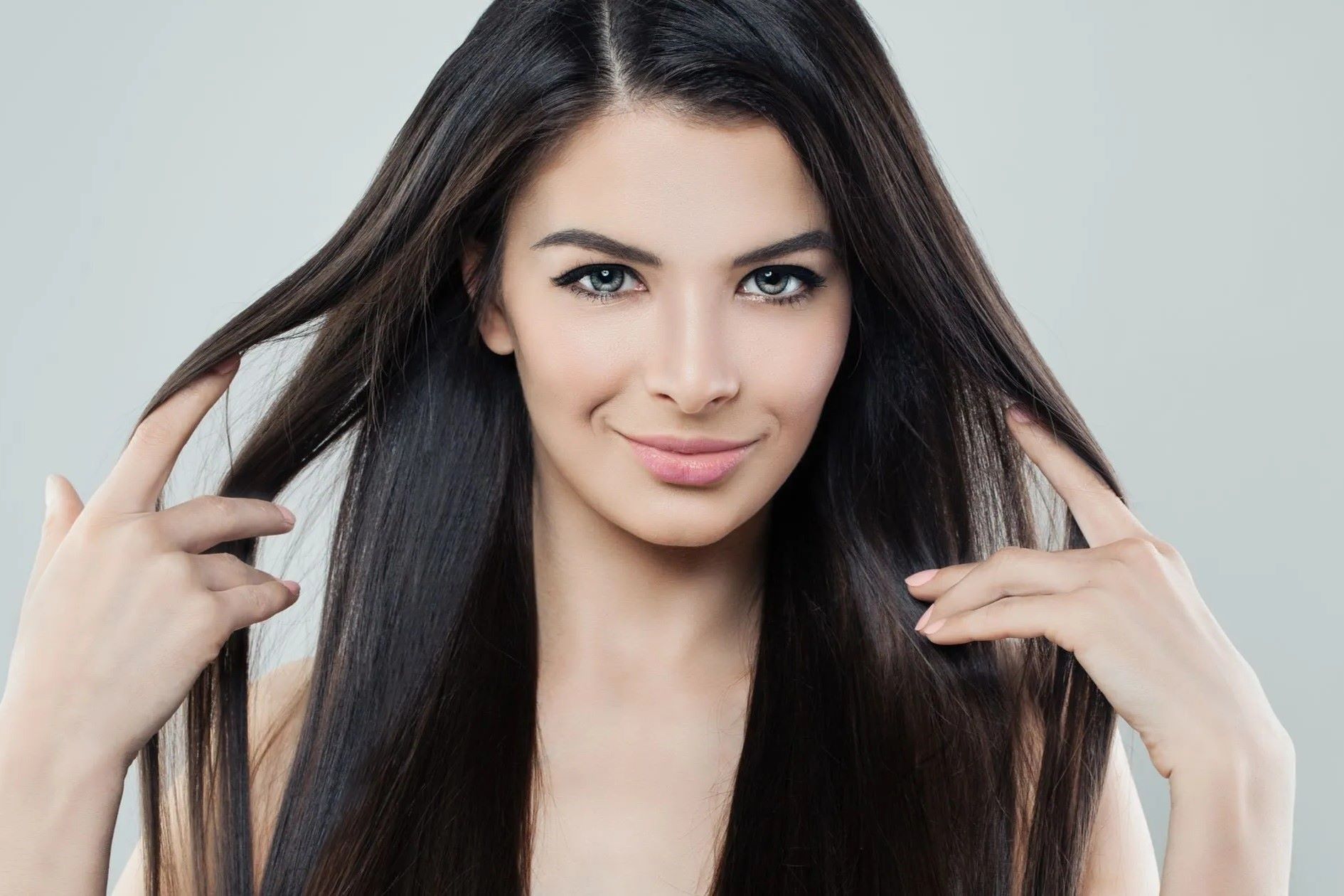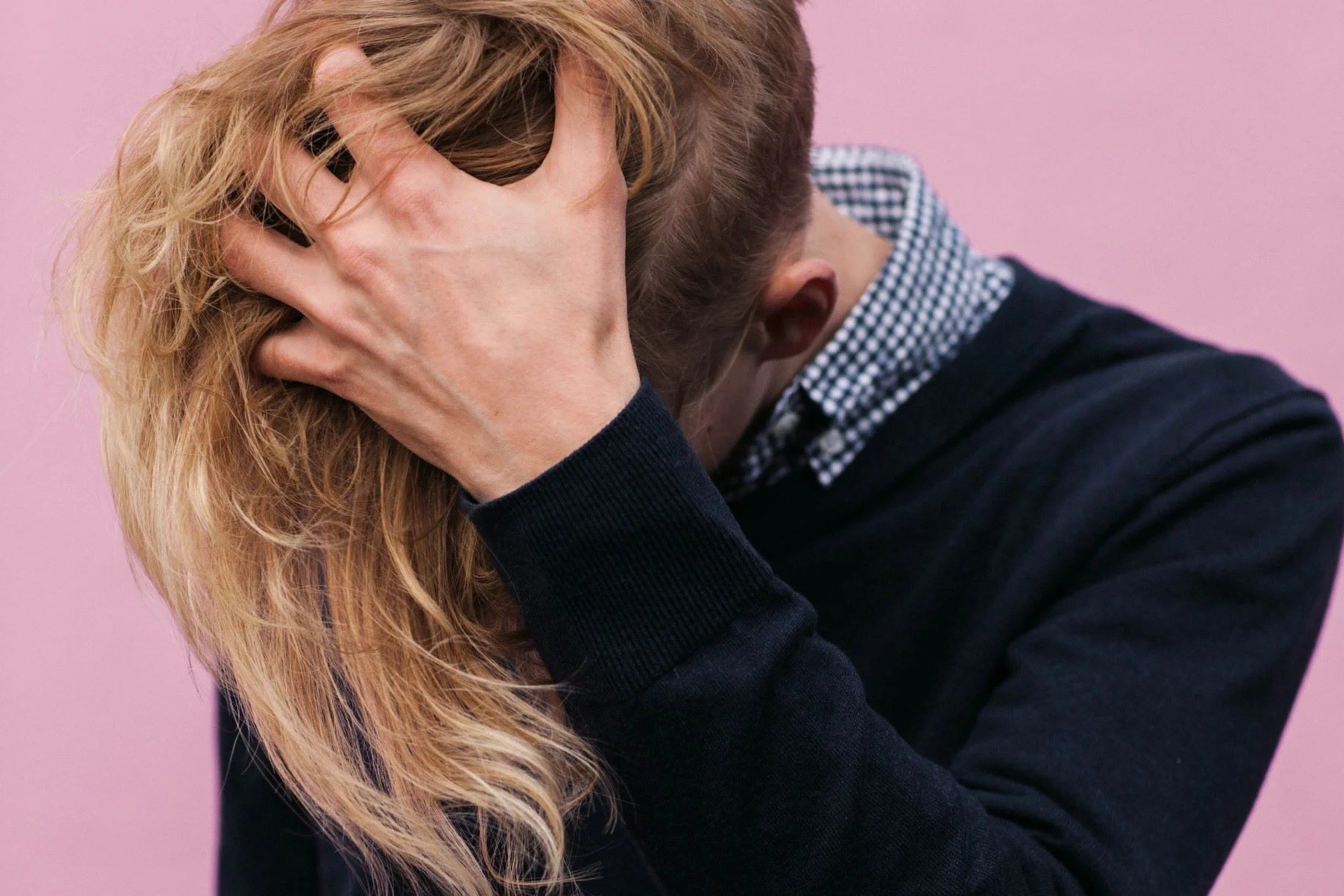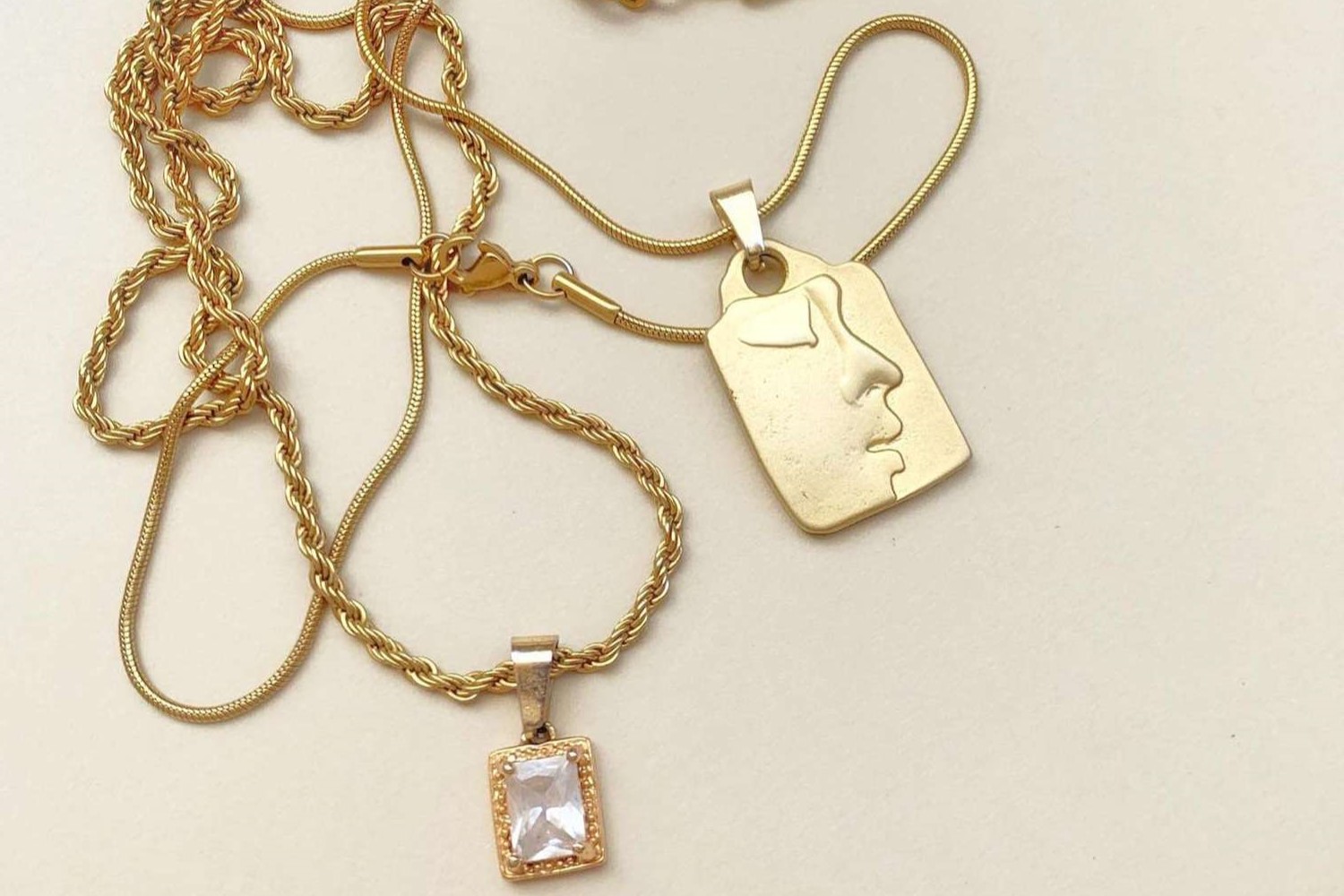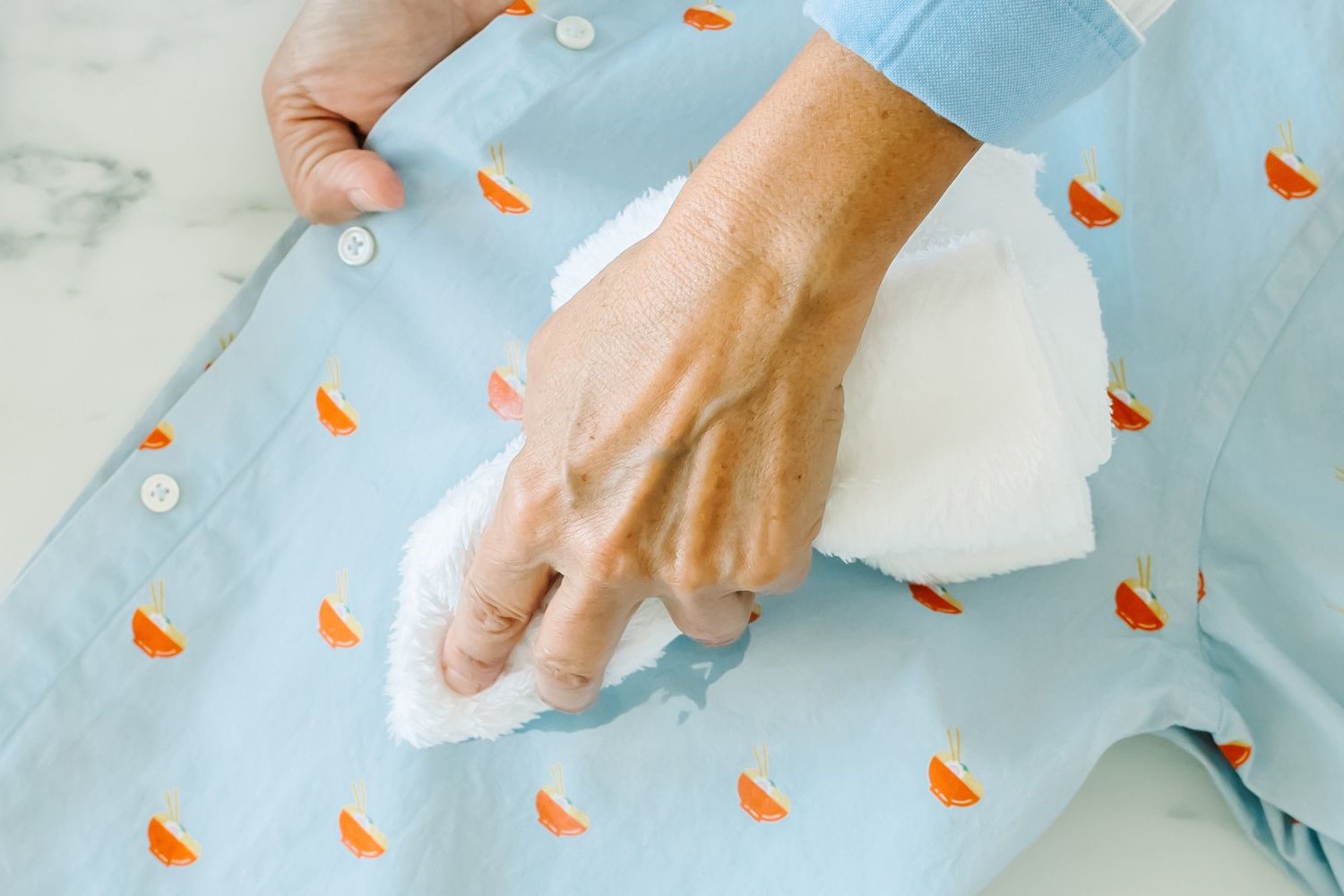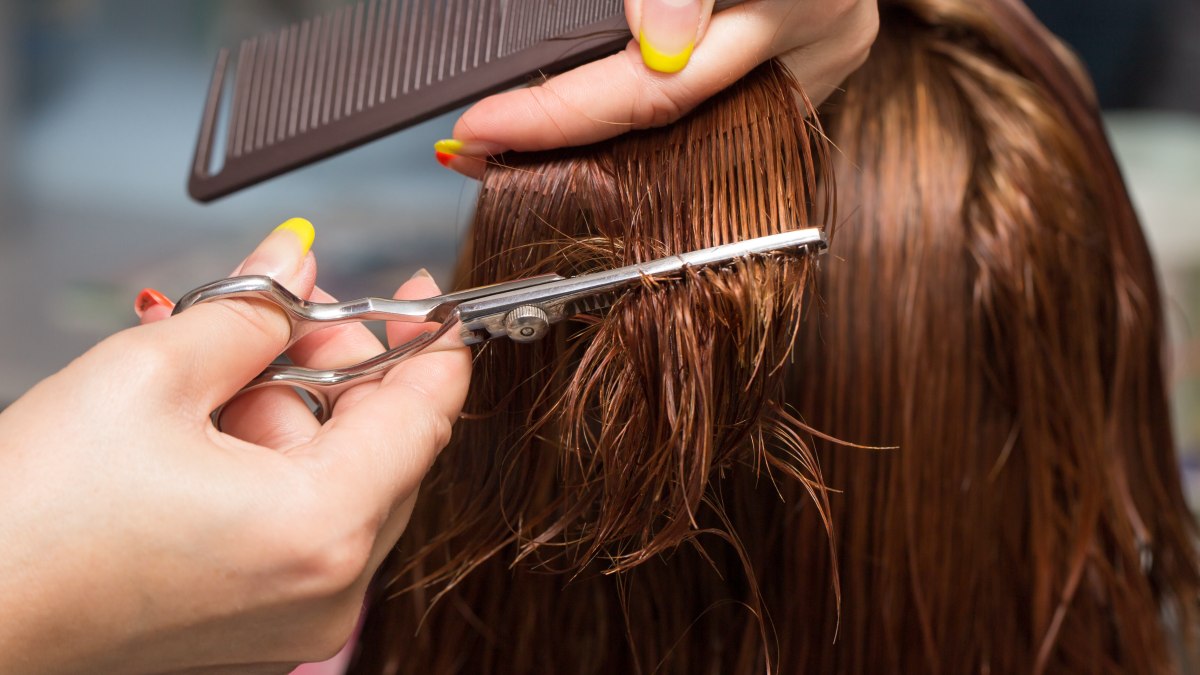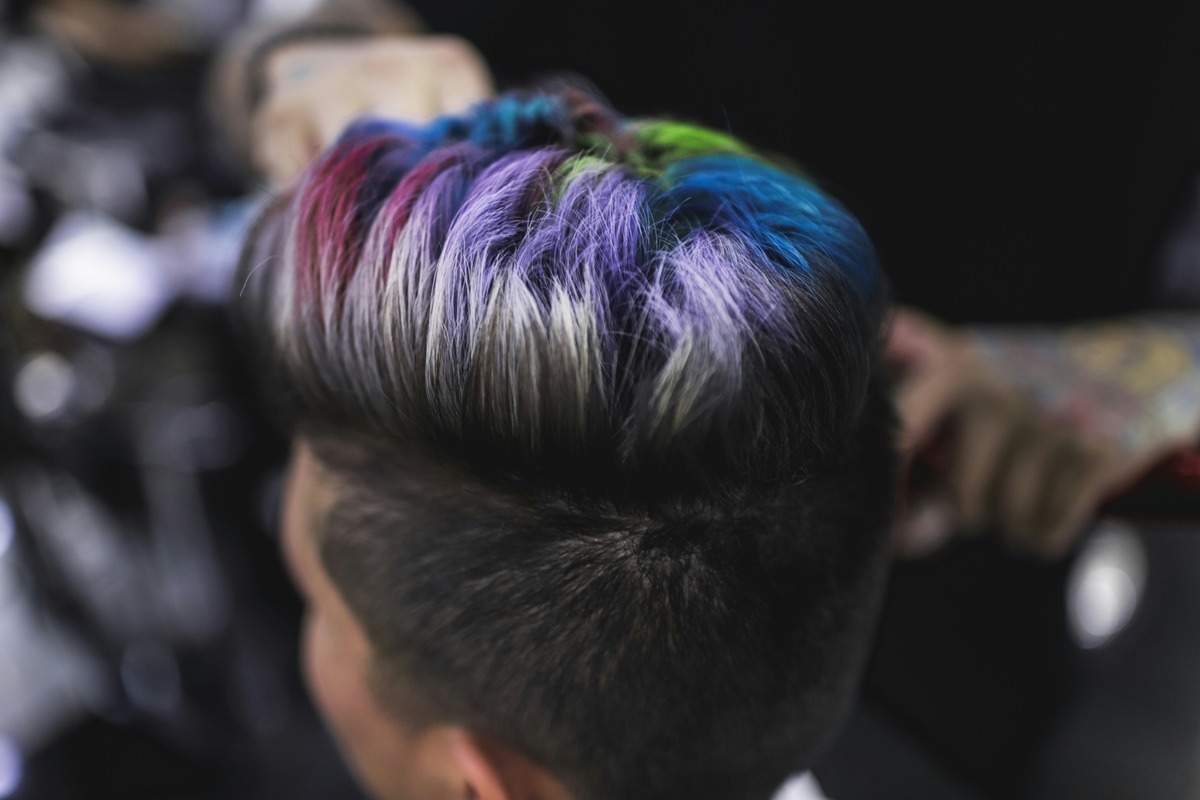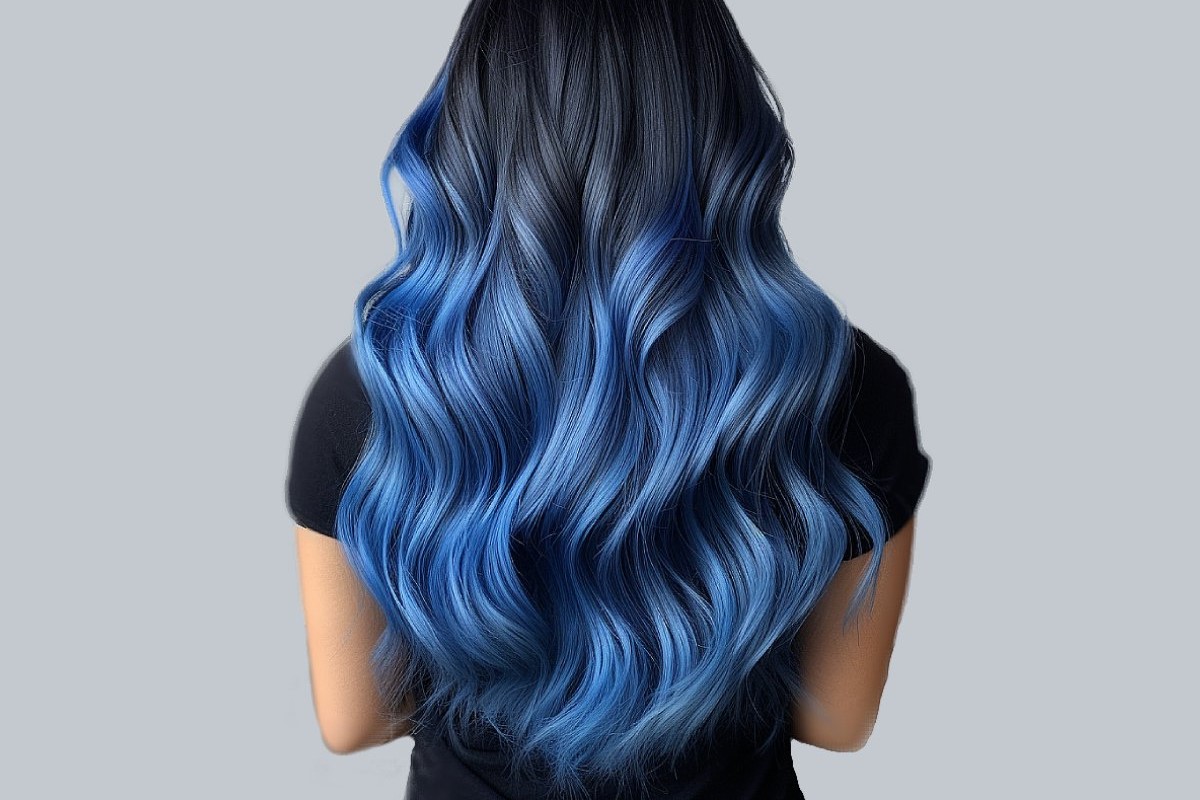

Lifestyle
How To Get Blue Hair Dye Out Of Hair
Published: March 3, 2024
Learn effective ways to remove blue hair dye from your hair and restore your natural color. Discover lifestyle tips for maintaining healthy and vibrant hair.
(Many of the links in this article redirect to a specific reviewed product. Your purchase of these products through affiliate links helps to generate commission for Noodls.com, at no extra cost. Learn more)
Table of Contents
Introduction
Blue hair dye has become a popular choice for those seeking a bold and vibrant look. Whether it's a striking cobalt, a deep navy, or a subtle pastel hue, blue hair can make a powerful statement. However, there may come a time when you decide it's time for a change, or perhaps an unexpected result has left you seeking a solution to remove the blue pigment from your locks. In this article, we will explore various methods and natural remedies for effectively removing blue hair dye, as well as essential precautions and aftercare tips to ensure the health and vitality of your hair throughout the process. Whether you're a seasoned hair color enthusiast or a first-time experimenter, understanding the intricacies of blue hair dye removal is essential for achieving the desired results without compromising the integrity of your hair. Let's delve into the fascinating world of blue hair dye removal and discover the techniques that will help you bid farewell to your blue tresses.
Read more: How To Get Hair Dye Out Of Clothes
Understanding Blue Hair Dye
Blue hair dye is a vibrant and attention-grabbing choice that has gained popularity among individuals looking to express their unique style and personality. This bold and striking color can range from deep, rich blues to lighter, pastel shades, offering a wide spectrum of options for those seeking a dramatic change in their hair color.
The process of dyeing hair blue involves the application of pigmented chemicals to the hair shaft, which penetrate the cuticle and bond with the hair's natural pigment. Depending on the type of dye used and the condition of the hair, the resulting color can vary in intensity and longevity. Permanent blue hair dyes typically contain oxidative agents that chemically alter the hair's natural pigment, resulting in a long-lasting color change. On the other hand, semi-permanent and temporary blue hair dyes deposit color onto the hair shaft without causing significant chemical changes, making them easier to remove.
It's important to note that the vibrancy and staying power of blue hair dye can be influenced by various factors, including the hair's porosity, the initial hair color, the quality of the dye, and the application technique. Additionally, exposure to sunlight, heat styling, and certain hair care products can impact the longevity of the blue color, potentially causing it to fade or become dull over time.
When considering the removal of blue hair dye, it's crucial to understand that the process may vary depending on the type of dye used and the condition of the hair. While some removal methods are suitable for semi-permanent and temporary dyes, others may be more effective for permanent dyes. Furthermore, the health and integrity of the hair must be taken into account to minimize damage during the dye removal process.
By gaining a comprehensive understanding of blue hair dye and its interaction with the hair, individuals can make informed decisions regarding the removal of the color, ensuring that the process is both effective and gentle on their hair. With this knowledge in mind, let's explore the various methods and natural remedies for safely and efficiently removing blue hair dye.
Methods for Removing Blue Hair Dye
When it comes to removing blue hair dye, several methods can be employed to effectively eliminate the vibrant color from the hair. The choice of method depends on factors such as the type of dye used, the condition of the hair, and the desired outcome. It's essential to approach the dye removal process with care and consideration for the hair's health and integrity. Let's explore some of the most common methods for removing blue hair dye:
1. Clarifying Shampoo
Using a clarifying shampoo is a gentle yet effective way to gradually fade semi-permanent and temporary blue hair dye. These specially formulated shampoos contain ingredients that help to lift and remove excess pigment from the hair without causing significant damage. By incorporating regular washes with a clarifying shampoo into your hair care routine, you can gradually diminish the intensity of the blue color.
2. Vitamin C Treatment
A popular DIY method for fading blue hair dye involves creating a paste using crushed vitamin C tablets and anti-dandruff shampoo. The acidic nature of vitamin C, combined with the cleansing properties of the shampoo, can help to break down the color molecules and lighten the hair over time. This method is often used as a preliminary step before pursuing more intensive dye removal techniques.
Read more: How To Get Hair Dye Out Of Bathtub
3. Color Remover
Color removers designed specifically for hair dye removal can be effective in lifting and stripping away unwanted blue pigment from the hair. These products work by shrinking the dye molecules, allowing them to be washed out of the hair. It's important to carefully follow the instructions provided with the color remover to ensure safe and effective application.
4. Bleaching
For those seeking a more drastic color removal approach, bleaching the hair can effectively lift the blue pigment. However, bleaching should be approached with caution, as it can cause significant damage to the hair if not performed correctly. It's advisable to seek professional assistance when considering bleaching, as a skilled colorist can assess the hair's condition and determine the safest approach for achieving the desired results.
5. Professional Color Correction
In cases where the blue hair dye removal process requires expert intervention, seeking the assistance of a professional colorist or hairstylist is highly recommended. Professional color correction services can address stubborn blue pigment and minimize the risk of damage to the hair. These professionals have the expertise and specialized products to safely and effectively remove unwanted color while preserving the hair's health.
By carefully considering the type of dye, the condition of the hair, and the desired outcome, individuals can select the most suitable method for removing blue hair dye. It's important to approach the dye removal process with patience and a focus on maintaining the hair's strength and vitality throughout the treatment. With the right approach, it is possible to achieve successful blue hair dye removal while safeguarding the overall health of the hair.
Natural Remedies for Removing Blue Hair Dye
When it comes to removing blue hair dye using natural remedies, there are several gentle yet effective options that can help to diminish the intensity of the color without causing significant damage to the hair. These natural remedies harness the power of common household ingredients and are favored by individuals seeking a more holistic approach to hair dye removal. Let's explore some of the most popular natural remedies for removing blue hair dye:
Read more: How To Get Hair Dye Off Of Sink
1. Baking Soda Paste
Creating a paste using baking soda and water can serve as a mild abrasive to help lift and fade blue hair dye. By gently massaging the paste into the hair and allowing it to sit for a short period, the alkaline nature of baking soda can assist in breaking down the color molecules, gradually reducing the intensity of the blue pigment.
2. Lemon Juice
Lemon juice is known for its natural bleaching properties and can be used to lighten blue hair dye. When applied to the hair and exposed to sunlight, the citric acid in lemon juice can help to break down the color molecules, resulting in a gradual fading of the blue pigment. It's important to note that lemon juice can have a drying effect on the hair, so it's advisable to follow up with a moisturizing treatment.
3. Vinegar Rinse
A vinegar rinse, particularly using apple cider vinegar, can help to remove excess blue pigment from the hair while restoring its natural pH balance. By diluting apple cider vinegar with water and using it as a final rinse after shampooing, the acidic properties of the vinegar can aid in lifting and diminishing the blue color, leaving the hair feeling refreshed and revitalized.
4. Chamomile Tea
Brewing a strong chamomile tea and using it as a hair rinse can contribute to the gradual lightening of blue hair dye. Chamomile contains natural brightening properties and can help to soften the intensity of the blue pigment. Additionally, the gentle nature of chamomile makes it a suitable option for those looking to achieve a subtle shift in hair color.
Read more: How To Get Hair Dye Off Of Counter
5. Coconut Oil Treatment
While not a direct color-removing agent, coconut oil can be used to help fade blue hair dye over time. By applying warm coconut oil to the hair and allowing it to penetrate the strands, the oil can help to loosen the color molecules and facilitate their gradual removal during subsequent washes. Additionally, coconut oil provides nourishment and hydration to the hair, promoting overall hair health.
By incorporating these natural remedies into a comprehensive blue hair dye removal strategy, individuals can take a gentle and holistic approach to diminishing the intensity of the color while caring for the health and integrity of their hair. It's important to approach natural remedies with patience, as their effects may be gradual but can contribute to successful blue hair dye removal in a gentle and nurturing manner.
Precautions and Aftercare
When embarking on the journey of removing blue hair dye, it's essential to prioritize precautions and aftercare to safeguard the health and integrity of your hair throughout the process. While the goal is to achieve successful dye removal, it's equally important to minimize potential damage and maintain the overall well-being of your hair. Here are essential precautions and aftercare measures to consider:
Patch Test
Before applying any dye removal method or natural remedy to your hair, it's crucial to conduct a patch test to assess potential allergic reactions or adverse effects. This involves applying a small amount of the product or remedy to a discreet area of the skin, such as behind the ear, and monitoring for any signs of irritation or sensitivity. By performing a patch test, you can mitigate the risk of unexpected reactions and ensure the safety of the dye removal process.
Moisture Maintenance
The process of removing blue hair dye, particularly through methods such as clarifying shampoos, color removers, or bleaching, can strip the hair of its natural oils and moisture. To counteract this, it's important to prioritize moisture maintenance through the use of hydrating hair masks, deep conditioning treatments, and leave-in conditioners. These products can help replenish lost moisture, restore the hair's softness and manageability, and minimize the potential for dryness and brittleness.
Read more: How To Get Dog Hair Out Of Car
Gentle Handling
Throughout the dye removal process, it's essential to handle your hair with care and gentleness. Vigorous scrubbing, excessive heat styling, or aggressive brushing can exacerbate the stress on the hair, potentially leading to breakage and damage. Opt for gentle detangling techniques, avoid excessive heat exposure, and use wide-tooth combs to minimize tension on the hair strands. By treating your hair with tenderness, you can reduce the risk of mechanical damage during the dye removal journey.
Professional Consultation
If you're uncertain about the best approach for removing blue hair dye, or if you encounter challenges during the process, seeking professional consultation is highly advisable. A skilled colorist or hairstylist can assess the condition of your hair, provide personalized recommendations, and offer professional color correction services if needed. Their expertise can help navigate the complexities of dye removal, ensuring that your hair remains in capable hands throughout the treatment.
UV Protection
After removing blue hair dye, it's important to protect your hair from potential color-fading factors, such as sunlight and UV exposure. Consider using hair care products that offer UV protection or wearing hats and scarves to shield your hair from direct sunlight. By minimizing UV exposure, you can help preserve the vibrancy and longevity of your new hair color, whether it's a natural shade or a subsequent dye application.
Patience and Nurturing
Finally, practicing patience and nurturing your hair throughout the dye removal process and beyond is essential for maintaining its health and vitality. Embrace a gentle and gradual approach, prioritize nourishing treatments, and be mindful of the unique needs of your hair. By nurturing your hair with care and patience, you can support its recovery from the dye removal process and promote a renewed sense of strength and resilience.
By adhering to these precautions and aftercare measures, you can navigate the journey of removing blue hair dye with confidence and consideration for your hair's well-being. Prioritizing these essential steps will not only contribute to successful dye removal but also ensure that your hair emerges from the process with renewed health and radiance.
Read more: How To Get Slime Out Of Hair
Conclusion
In the realm of hair color experimentation, the allure of blue hair dye has captivated individuals seeking a bold and expressive aesthetic. Whether embracing vibrant cobalt hues or subtle pastel shades, the journey of adorning one's locks with blue pigment is a testament to the creative spirit and the desire for self-expression. However, as with any transformative endeavor, the decision to bid farewell to blue hair dye requires thoughtful consideration and a nuanced approach.
As we conclude our exploration of blue hair dye removal, it's evident that the process encompasses a spectrum of methods, natural remedies, precautions, and aftercare measures. From the gradual fading facilitated by clarifying shampoos and vitamin C treatments to the potential for professional color correction and the gentle efficacy of natural remedies such as baking soda and lemon juice, the options for removing blue hair dye are as diverse as the individuals seeking this transformation.
Crucially, the journey of removing blue hair dye is not merely a technical endeavor; it's a narrative of care, patience, and the celebration of hair's resilience. It's a testament to the harmonious balance between the desire for change and the commitment to nurturing the health and vitality of one's hair. The precautions and aftercare measures underscore the importance of approaching the dye removal process with mindfulness, ensuring that the hair emerges from the transformation with renewed strength and radiance.
Ultimately, the conclusion of the blue hair dye removal journey marks a transition—a shift from one chapter of self-expression to the next. It's a testament to the dynamic nature of personal style and the ever-evolving canvas of individuality. Whether embarking on a new hair color adventure or embracing the natural beauty of one's hair, the conclusion of the blue hair dye removal process is a celebration of choice, creativity, and the enduring resilience of the human spirit.
As we bid adieu to the captivating allure of blue hair dye, we carry with us the wisdom of informed decisions, the embrace of gentle care, and the anticipation of new beginnings. The canvas of self-expression awaits, ready to be adorned with the next chapter of color, creativity, and the timeless essence of individuality.
